Entry Type: Person - Starting with R
Robbins, Bob
aka: Robert Spears
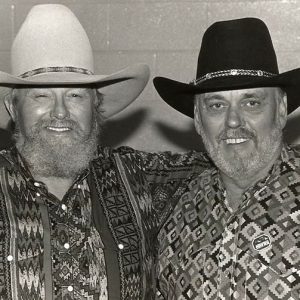 Bob Robbins
Bob Robbins
 Bob Robbins at KAAY
Bob Robbins at KAAY
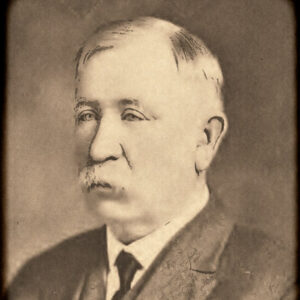 John Roberts
John Roberts
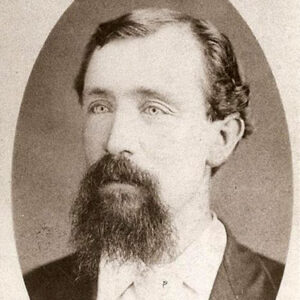 John Roberts
John Roberts
Roberts, Roy
 Roy Roberts
Roy Roberts
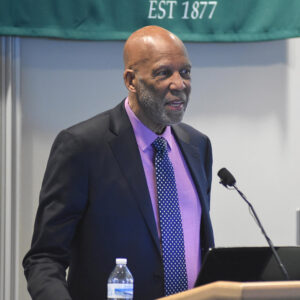 Terrence Roberts
Terrence Roberts
Roberts, Terrence James
Robertson, Irene
Robertson, Thomas Arthur
Robertson, Wendel Archibald
Robins, Reuben William (R. W.)
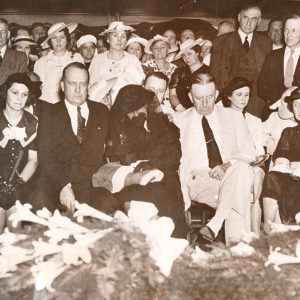 Robinson Funeral
Robinson Funeral
 Brooks Robinson
Brooks Robinson
 Brooks Robinson
Brooks Robinson
 Brooks Robinson
Brooks Robinson
Robinson, Brooks Calbert, Jr.
Robinson, Fatima
 Fatima Robinson
Fatima Robinson
Robinson, Hester Buck
Robinson, James H.
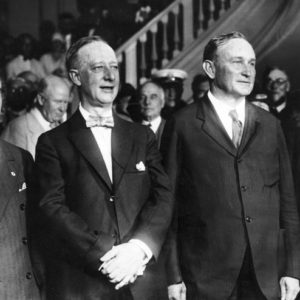 Joe T. Robinson
Joe T. Robinson
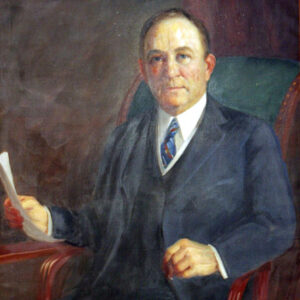 Joe T. Robinson
Joe T. Robinson
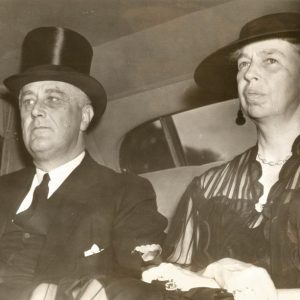 Joe T. Robinson Funeral
Joe T. Robinson Funeral
Robinson, John Marshall
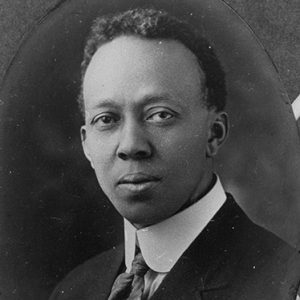 John M. Robinson
John M. Robinson
Robinson, Joseph Taylor
 Ron Robinson
Ron Robinson
Robinson, Samuel Dunn
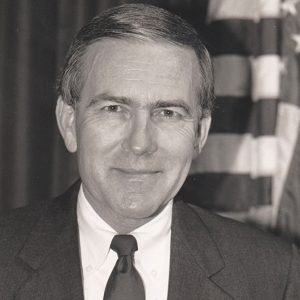 Tommy Robinson
Tommy Robinson
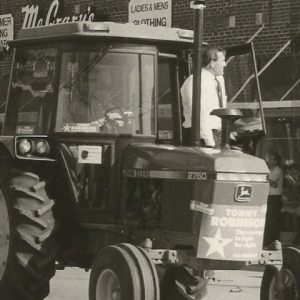 Tommy Robinson at Parade
Tommy Robinson at Parade
Robinson, Tommy Franklin
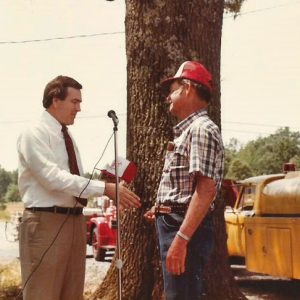 Tommy Robinson
Tommy Robinson
Robison, Fabor Allen
 Rockefeller Cake
Rockefeller Cake
 Rockefeller Campaign Material
Rockefeller Campaign Material
 Rockefeller Memorial
Rockefeller Memorial
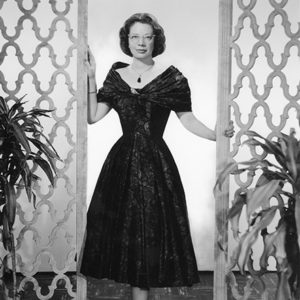 Jeannette Rockefeller
Jeannette Rockefeller
Rockefeller, Jeannette Edris
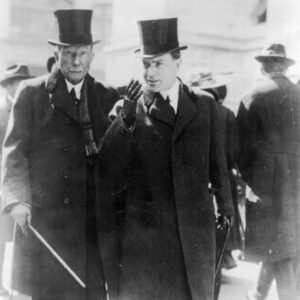 John D. Rockefeller and John D. Rockefeller Jr.
John D. Rockefeller and John D. Rockefeller Jr.
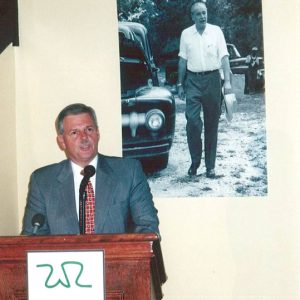 Win Rockefeller
Win Rockefeller
Rockefeller, Winthrop
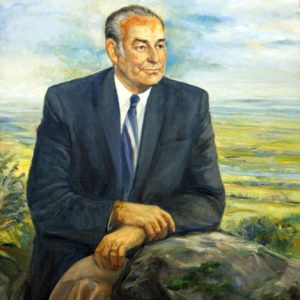 Winthrop Rockefeller
Winthrop Rockefeller
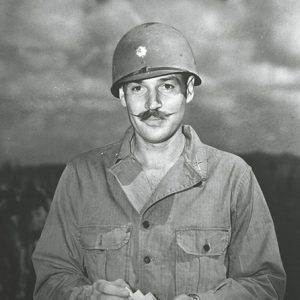 Winthrop Rockefeller in Army Uniform
Winthrop Rockefeller in Army Uniform
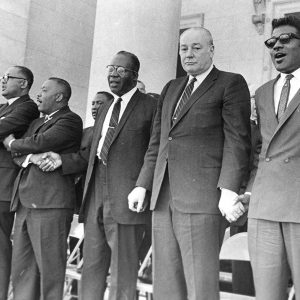 Governor Rockefeller at Martin Luther King Jr. Memorial
Governor Rockefeller at Martin Luther King Jr. Memorial
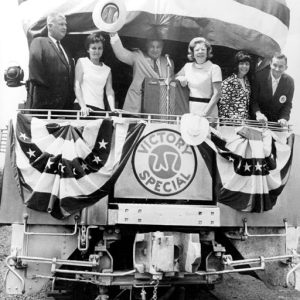 Winthrop Rockefeller on Victory Train
Winthrop Rockefeller on Victory Train
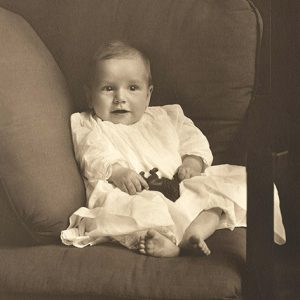 Winthrop Rockefeller Baby Portrait
Winthrop Rockefeller Baby Portrait
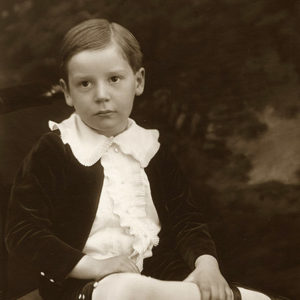 Winthrop Rockefeller Age Five
Winthrop Rockefeller Age Five




